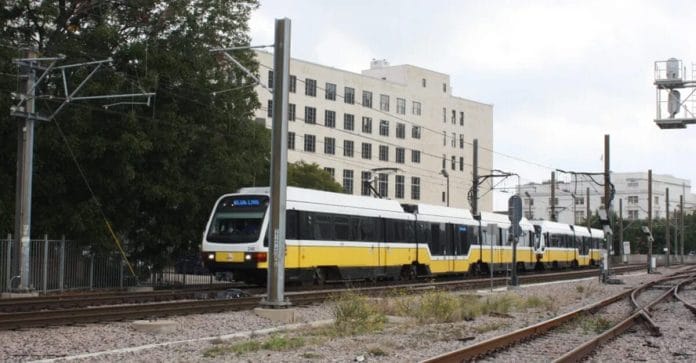By Sam Judy | Dallas Weekly Magazine
Dallas has a reputation for having one of the most aggressive towing markets in the country, and poor and working-class communities in the city are inordinately affected by fees. Much like bail for residents serving jail time, stacking impound costs leaves more privileged Dallasites comparably less affected than those unable to pay. As almost half of the metroplex’s labor force is forced to commute to jobs over thirty minutes away for reliable work, impound lots hold more than vehicles hostage when drivers lack the funds to ensure their release.
As the working class of Texas is subjected to greater economic hardship through methods such as sales tax, lower wages, and rising property taxes due to gentrification, tows have always affected poorer drivers more drastically. In the last year, California has ruled ‘Poverty tows,’ or tows performed purely for unpaid parking tickets without a warrant, unconstitutional.
Less privileged residents are subject to substantial hardship compared to folks in the middle and upper classes. This applies to poverty and private property tows, especially when the latter is performed illegally.
Dallas is the 5th most hostile towing market in the country, one spot behind fellow Texan city Houston.
“I’m taking public transit because my car is sitting in a lot somewhere after [an apartment] complex towed it,” says Travis, a Dallas resident taking the Blue Line DART train. “I don’t even know how much my fees are. I don’t know if I’m getting it back, but I already lost my last job because I was out of work too much from calling out to get it back.”
Travis lives near Morrell Station in Cedar Crest. While access to the train has helped him reliably travel to his new job as a custodian, he’s all but given up on getting his sedan back from the impound. “The fees go up every day with these tow companies. And I don’t even know how much I owe now, but it’s gotta be over seven hundred dollars. I got bills to pay, I owe Dallas Water Utilities money too. I gotta get groceries, too. Sometimes you gotta make decisions about, ‘What’s more important, drinking water, staying clean or your car? Food or your car?’ That car wasn’t worth much already, so I might just leave it.”
Fines as a penalty have been long criticized for being anti-poor, with detractors arguing that laws only punishable with a fine are virtually legal for the rich, essentially allowing them to break laws with minimal ramifications compared to their lower-income counterparts. Towing, however, compounds financial hardship for residents of cities and metropolitan areas that have infrastructures that cater more to transportation by car. Texas, overall, has the largest network of highways in the country, with highways taking up over 314,000 miles of public roads.
Despite Dallas-Area Rapid Transit releasing a new route map & schedule last year, residents still cite long wait times and unexpected delays, especially in more economically disadvantaged areas of the city.
Towing policies in Dallas additionally employ ‘creative’ billing methods to maximize consumer charges and fees, as found by a survey conducted by the American Property Casualty Insurance Association (APCIA).
Towing laws in Texas are among the most aggressive in the nation. Unhooking fees — literal moments after your car is hooked by a tow truck — can cost as much as $125. This is the maximum allowable private party, light duty, and non-consent towing fee in Dallas. However, other cities in the metroplex can charge up to $250. With this, fees for the first day can come close to $300 when you include daily storage rates.
Rates increase by up to $45 per day. If a week passes, a driver will have to pay up to $500 if their car is towed in the metroplex.
Although disputing your tow as illegal with a justice of the peace could be done within 14 days, – and if you could prove that the tow driver knew your car was legally parked, you could be entitled to three times your charges back to you, plus $1000 – this only offers solutions to residents who could afford the release of the car and the capability to pursue compensation legally.
As both public and private tows unfairly affect poorer residents, the factor is distinct in how this highlights the stark contrast between the experiences of working-class and upper-class residents of Dallas. While residents like Travis and many others already have suffered setbacks due to tows both related to unpaid parking tickets and private disputes with business or property owners, their lower income leaves them at risk of losing their means of transportation.
Comparatively, an average Dallas-area software engineer making over $100,000 would pay less than a tenth of their weekly income to cover a towing cost. In contrast, a typical low-wage worker would pay over a third.
The post How Towing Disproportionately Affects Working-Class Drivers first appeared on BlackPressUSA.
Stacy M. Brown is an NNPA Newswire Correspondent

